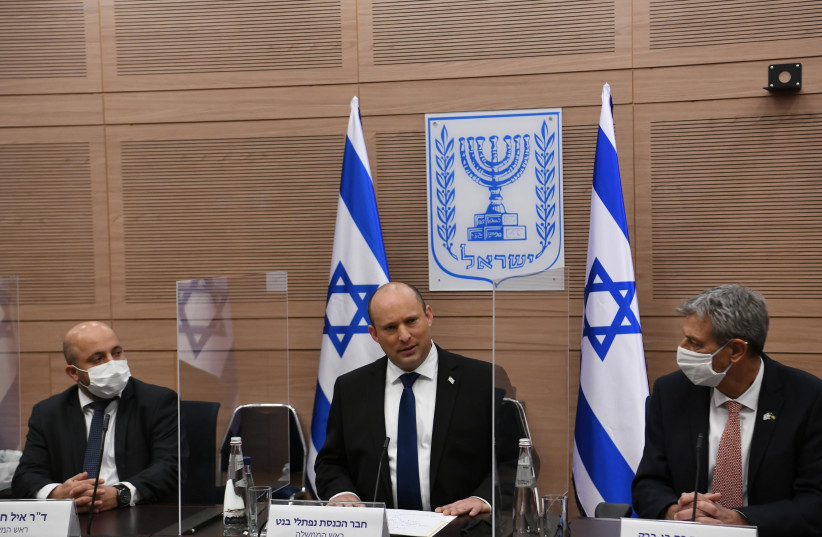In an attempt to stir up tensions between Palestinians and Israelis during the Israel-Hamas war in May, an Iranian disinformation unit allegedly created a Facebook campaign that ran across multiple social media platforms targeting nationalist and ultra-Orthodox Jews in Israel, the BBC has exclusively reported.
The campaign posed as an ultra-Orthodox Jewish news group supporting extreme right-wing groups, posting many fake pictures and misleading videos.
Israeli disinformation watchdog FakeReporter uncovered the group's Iranian origin and notified Facebook and Twitter, who then deactivated all of the group's pages and profiles. However, the network still remains active on the messaging channel Telegram.
According to FakeReporter, "Its goal was to help fuel 'religious war' by amplifying 'fear, hatred and chaos.'"
One Facebook group calling itself "Aduk" or "strictly religious" posted a fake photo of Israeli Prime Minister Naftali Bennett shaking hands with the leaders of North Korea and Turkey with a caption reading "Israeli democracy is in danger."

The network reposted a video of a confrontation between a far-right MP who was carrying a gun and a Palestinian car parking attendant. The video's comment reads: "It's a shame he didn't give him one in the head," according to the BBC.
A page was even created for a fictitious bakery in an ultra-Orthodox Israeli town to make the network appear more trustworthy.
The alleged Iranian-based campaign also called for attendance at anti-government protests in Israel; reposted pictures falsely suggesting Israel's coalition was controlled by Muslims due to the inclusion of an Islamist party in government; and encouraged anti-police views among the Israeli ultra-Orthodox Jewish community.
Facebook said it sees Iran-based groups like this one as "persistent and well-resourced in trying to exploit social media platforms," the BBC reported.
In 2021, Iran hacked numerous Israeli entities.
The Jerusalem Post website was hacked by pro-Iranian hackers in early January with a photo of a model Dimona nuclear facility being blown up and the text "we are close to you where you do not think about it." A number of additional Israeli websites were targeted in the attack then as well.
A Cybereason report found that the purpose of Iranian attacks is "a mix of trying to spy, stealing sensitive information and causing general broad damage and chaos in the Jewish state."
Iranian hacker group Moses Staff, which conducted a cyberattack on three Israeli engineering companies in November 2021, claimed their "motivation is to harm Israeli companies by leaking sensitive, stolen data.”
“The group’s conduct and operations suggest that Moses Staff leverages cyber espionage and sabotage to advance Iran’s geopolitical goals by inflicting damage and spreading fear,” according to the Cybereason report.
Simin Kargar, a non-resident fellow at the Atlantic Council's Digital Forensic Research Lab said: "Since the presidential elections in the US, we've seen Iranian tactics getting more diverse, part of a broader and more complicated playbook... They see they're being noticed and feared."
Following the recent blocking by the Shin Bet (Israel Security Agency) of an Iranian attempt to recruit Israelis as spies, Bennett said that “Israel is in a campaign against Iran."
Bennett warned that Tehran is trying to sow divisions and destabilize Israel politically.
Iran sees Israel as "a prime target in its cyber efforts," according to Erez Kreimer, the former head of the Shin Bet's cyber division.
Israel's round of fighting with Iran-backed Hamas in May's Operation Guardian of the Walls did very little to influence global perspectives regarding the Jewish state, according to a survey by Vibe Israel.
During the operation, social media activity by several parties triggered many people and inflamed fear among the public.
The alleged Iranian-based Facebook pages supposedly became active after last year's fighting with Hamas, a time when social media itself became a war zone with disinformation spreading across platforms.
